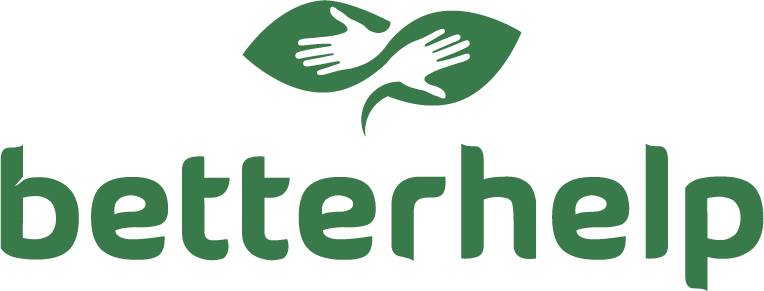BetterHelp
- Largest pool of therapists
- Over 1 million Android installs
- App Size: 25.4 MB on iOS/ 21 MB on Android
- Save 20% on your 1st month
BetterHelp is among the leading teletherapy platforms in the world, with thousands of therapists available to connect and engage via video, phone, and chat-based sessions.
With the BetterHelp therapy app, you have access to thousands of licensed professionals that they screen based on experience and educational background. During the signup process, their matching system pairs users with therapists specializing in the areas most relevant to their individual needs.
Signing up for BetterHelp costs between $70 to $100 per week, billed monthly. However, their pricing and plans vary frequently. Some customers have reported that the costs are higher in some states where they have fewer available therapists, with the fees reaching $100 per week. Plans include messaging therapy and weekly live sessions via video or audio calls.
While overall BetterHelp is known as a trusted therapy provider, their app has a less-than-stellar reputation, with frequent user complaints about the app freezing during usage and poor audio quality. However, if you encounter issues with their app, you can simply switch to using their platform via the web and enjoy all the same features.
Read our full BetterHelp review.




